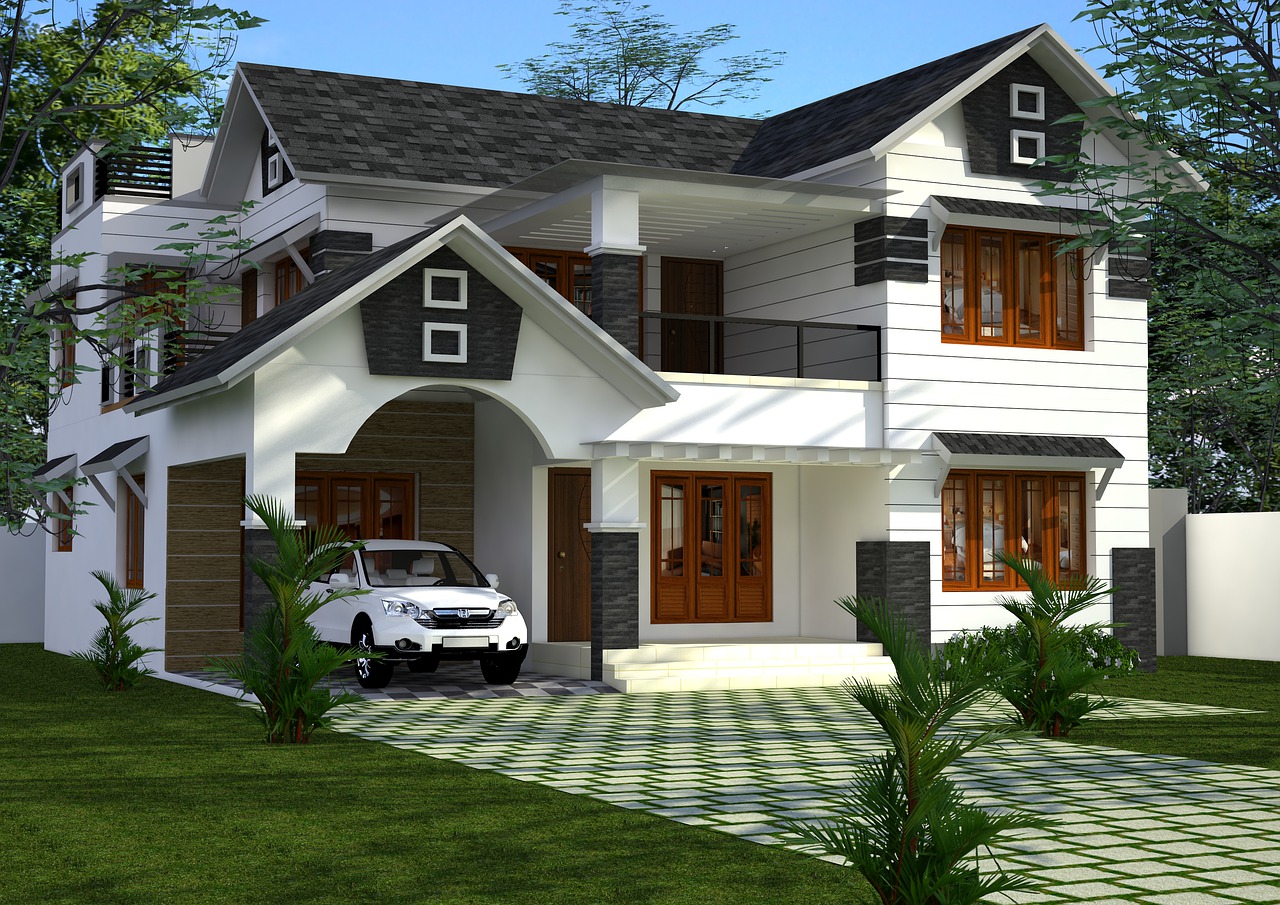
Often the savvier homebuyers on the property market will prioritise the direction of a house. Yet, for many navigating the market, the direction of a house seems like a trivial matter. Did you know that property value is influenced by its position?
So, why should you be focusing on the direction of your house?
Many factors can come to define the overall appeal of a property. The popular ones include spaciousness, layout, number of rooms, variety of garden and outdoor access, among many other preferences. These priorities are always changing in fashion as trends develop and fall outside of popular taste again.
Yet, one of the most overlooked factors, the direction of a house, can affect the market appeal of your home. Depending on the direction of a building, and where its windows are facing, a home could gain more out of the natural availability of sunlight.
Passive solar buildings, which traditionally have southern-facing windows on the rear of a property, tend to better absorb and harness the sun’s heat and energy. This not only more naturally energises a property, especially one with the correct infrastructure – like solar panelling – but also can warm up the property in the winter.
What are the common sun directions for homes?
- Southern lots
- North-south facing properties
- East-west facing lot
What are the benefits of your house’s direction?
The direction a house faces, sometimes called its orientation, can determine how your home experiences the various seasons, as well as impact its energy efficiency
Sunlight
The amount and quality of sunlight that reaches your home will be determined by its orientation. The sun remains in the southern sky (in the Northern Hemisphere), which is often why southern-facing properties are considered a premium on the market.
You would benefit from the perception of lengthier summer days, with the sunlight dwelling in your property’s garden longer and later into the evening. Likewise, early morning rays from the sunrise would brighten your property.
Researching the patterns of the sun, and its positions in the sky, can help you learn more about the effects of sunlight on your home. The way it rises, sets, the lengths of its shadows, can influence the appeal of a home.
Energy Efficiency
The position, or relationship, between your plot and the sun rising and setting can influence your heating and energy costs. If you plan to shop around on the market with house orientation in mind, you can benefit from the changing seasons. As a general rule, if your home sits in a plot that attracts sunlight, it could mean that your house will warm up naturally, which will take the pressure off your artificial heating solutions. A similar effect applies to natural lighting, ensuring you rely less on artificial light. In fact, some sources suggest that homes could access a savings total of up to 60% off energy (lighting and heating).
Many houses, especially traditional ones, that feature a window-heavy design will naturally have more trouble regulating the temperature. North-facing property designs could become cold and drafty; on the other hand, southern-facing ones could be uncomfortably hot and flushed with heat.
Solar Gain
Modern homes with insulated, energy-efficient windows, however, won’t feel the seasonal changes as much. But they could benefit from solar gain, an effect where southern-facing windows trap sunlight. For property owners, re-orienting a house isn’t a practical project. But there are small details that can help influence your home’s relationship with the sun. Sunlight absorption could be more properly harnessed if you opt into a proper glazing option and window design.
Winter, Snow & Ice
For northern-facing properties, the effects of dampness, ice and even snow will be more obvious on your home. The build-up of challenging wintery conditions, and a reliance on artificial heating, could mean that both your home and your bills feel these effects.
For a quick tip to avoid wintery build-up of potentially hazardous snow and ice, you could plan rear access to your house, with the likes of back doors.
Final Words
Your home’s orientation, which describes its relationship to the sun, can be advantageous to home buyers, those browsing the market, or for those currently enjoying a southern-facing lot. The difference natural sunlight makes could both ramp up market appeal and value of your home, but also reduce costly energy bills. Through simple tips, like window glazing and insulation, you can enhance the sun’s seasonal cycles to favour your home.
Written by Henry Martin
About the Author
Henry Martin is a residential and commercial developer with years of experience in real estate. You can contact Henry on LinkedIn.
You may also like
How to Keep Your Home Energy-Efficient
Great Sustainable Materials For Your New Home Design
Sustainable Trends For Interior Design
3 Eco-Friendly Features to Have in Your Home
